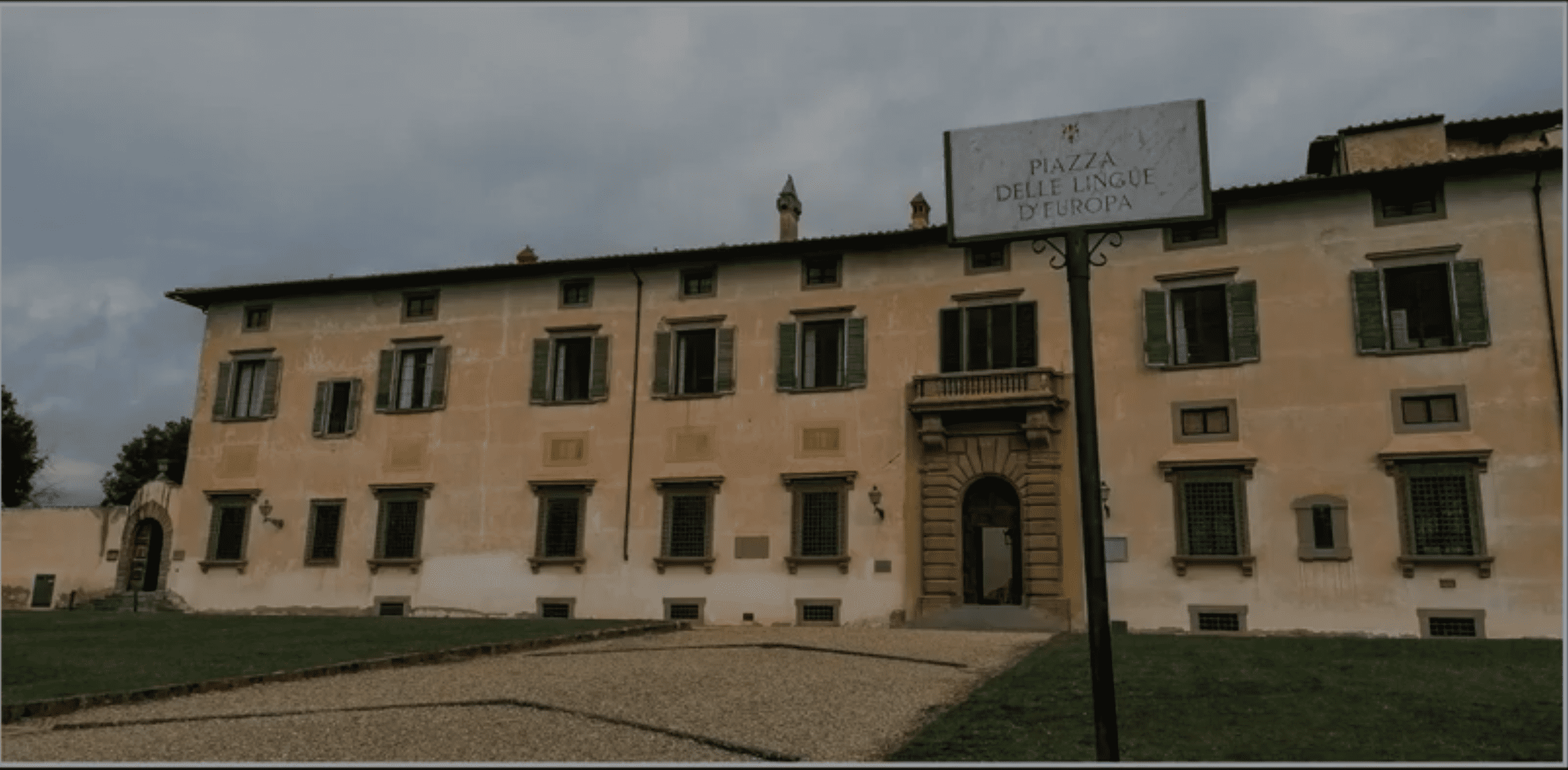A Hell of a City: Dante’s Inferno on the Road to Rome – Hell’s Vineyard (Inferno 13)
Subscribe to the ThinkND podcast on Apple, Spotify, or Google.
Featured Speakers:
- Theodore J. Cachey, Professor of Italian and the Albert J. and Helen M. Ravarino Family Director of Dante and Italian Studies, University of Notre Dame; Co-Director, University of Notre Dame Center for Italian Studies
- David Lummus, Visiting Professor of Italian and Co-Director, University of Notre Dame Center for Italian Studies
- Chiara Sbordoni, Adjunct Professor of Italian, University of Notre Dame Rome Global Gateway
In the third edition of the Rome Global Gateway’s Book Club, professors Professors Ted Cachey, Chiara Sbordoni and David Lummus discussed the thirteenth canto of Dante’s Inferno. They began the discussion by answering questions from the group. Next, they went on to speak about the landscape and characters of the thirteenth canto. They also discussed Dante’s allusions to Virgil’s “Aeneid” and their significance.
The audience questions the professors addressed asked why Dante wrote the poem and who Dante wrote it for. Sbordoni responded that in a letter, Dante himself wrote that the purpose of the poem was “to remove those living this life from a state of misery to a state of bliss”. As to who Dante wrote the poem for, Lummus mentioned Boccacio’s interpretation that Dante wrote the Divine Comedy for the “good citizens of Florence”. Cachey highlighted the importance of the fact that the poem was written in the vernacular Italian. This was a radical change from other literature at the time that was written in Latin and therefore only available to the educated.
Next, the professors introduced the thirteenth canto. Sbordoni began the discussion by speaking about Dante’s portrayal of those who had committed suicide as human-beast hybrids. Sbordoni explained, “the hybridity of the human-beast nature of the guardians reflects the hybridity of the violent sins committed which express the animalistic dimension of human identity” (12:40). According to Dante, suicide is an intentional break of the body and soul and therefore those who committed this sin will not be reuinted with their bodies at the end of time.
The professors went on to discuss Pier delle Vigne, an Italian jurist and diplomat who acted as chancellor and secretary to Emperor Frederick II before being falsely imprisoned and went on to commit suicide. Pier’s defense is that he “ never broke faith with my true lord”. According to Cachey, Dante wants the reader to see the irony in this statement: “Dante is examining different forms of faith and belief and as readers we are supposed to ask “faith in what? belief in what? We are supposed to see that Pier is missing something” (37:00). Sbordoni agreed, stating, “Francesca is presented as the heroine of courtly love and Pier is presented as the successful politician administrator, but this is one of the guises in which evil presents itself and one of the ways the reader is invited to read beyond the surface “ (39:07).
Lastly, the panel examined Dante’s allusions to Virgil’s “Aeneid”. Lummus spoke about the point Dante is making about faith and the literary text. The fact that the pilgrim does not believe in the Aeneid gives us a clue that “we, as readers,need to behave differently than the pilgrim and have to believe in the truth of [Dante’s] text”. This draws a parallel to Francesca’s speech in which Dante is “showing us what we need to get out of the act of reading” (22:13).
- Dante wrote the poem for the citizens of Florence in order to “remove those living this life from a state of misery to a state of bliss” (7:20).
- Dante wants us to believe in the truth of his text
- Inferno 13 treats violence against the self
- Dante is examining different forms of faith and belief in Pier delle Vigne’s speech
- “The hybridity of the human-beast nature of the guardians reflects the hybridity of the violent sins committed which express the animalistic dimension of human identity” (Sbordoni 12:40)
- “We, as readers, need to behave differently than the pilgrim and have to believe in the truth of [Dante’s] text” (Lummus 22:00)
- “Dante is examining different forms of faith and belief and as readers we are supposed to ask “faith in what? belief in what? We are supposed to see that Pier is missing something” (Cachey 37:00)
- “Francesca is presented as the heroine of courtly love and Pier is presented as the successful politician administrator, but this is one of the guises in which evil presents itself and one of the ways the reader is invited to read beyond the surface “ (Sbordoni 39:07).
Related Content
OVI Seminar Series 2024, IV
Investigating the phenomenon of the so-called ‘rhythmic figures’ in Dante through a new database and query platform for the Commedia, which aims at setting up a new, wide...
View EventOVI Seminar Series 2024, III
Drawing on a research tradition that goes back to the origins of electronic lexicography, the Opera del Vocabolario Italiano has developed, during its activity, models and tools...
View EventOVI Seminar Series 2024, II
The centrality of the figure of Beatrice within the literary work of Dante Alighieri is such a well-known and peacefully accepted assumption in Dante’s modern exegesis that it...
View Event
